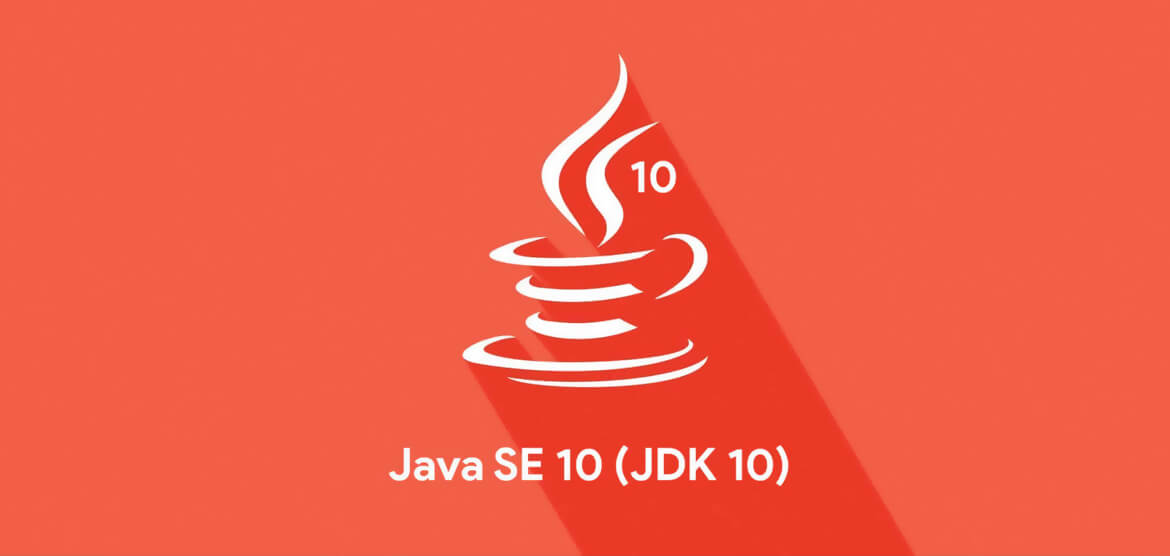



JDK 1.1 (February 1997): Introduced AWT event model, inner class, JavaBean, JDBC, and RMI.JDK 1.0 (January 1996): Originally called Oak (named after the oak tree outside James Gosling's office).JDK Alpha and Beta (1995): Sun Microsystem announced Java in September 23, 1995.OracleJDK: This article is based on the "OracleJDK" ) (due to legacy), which is free for personal and development use but no longer free for commercial use.OpenJDK: Currently, the "OpenJDK" developed by Oracle and the Java community ) provides a free and open-source JDK official reference implementation.For these Linux systems, you must manually install the Java platform by using a self-extracting binary file.The Java Development Kit (JDK), officially named "Java Platform Standard Edition" or "Java SE", is needed for writing and running Java programs. Some Linux distributions, such as Ubuntu, are not RPM-based. Some Linux platforms, such as Red Hat and SuSE, are RPM-based, which provide an automated way to install software. For more information, and for a list of available. In this scenario, when the user launches a program using one of these mechanisms, the correct version of the JRE is installed behind the scenes, as needed. The Windows releases of Java Plug-in and Java Web Start support the ability to automatically download a particular version of the JRE.In this scenario, a small set of core functionality is initially downloaded.



 0 kommentar(er)
0 kommentar(er)
